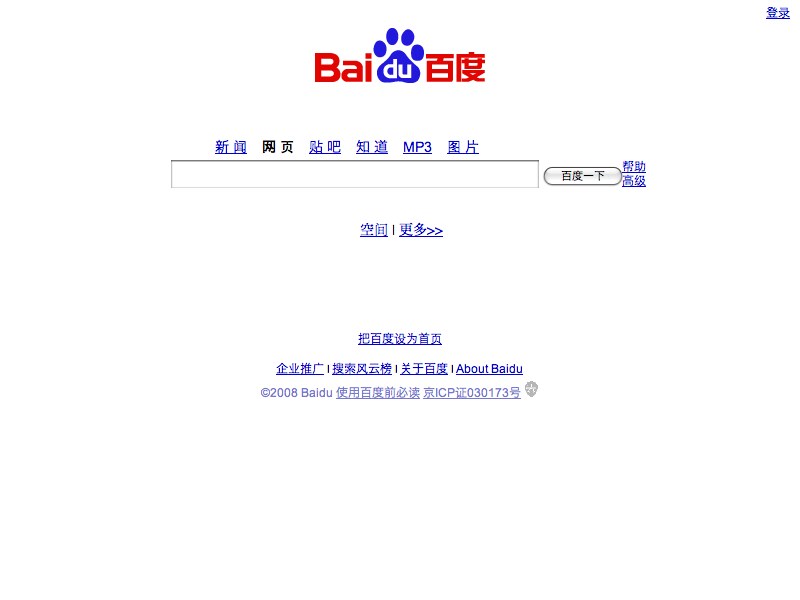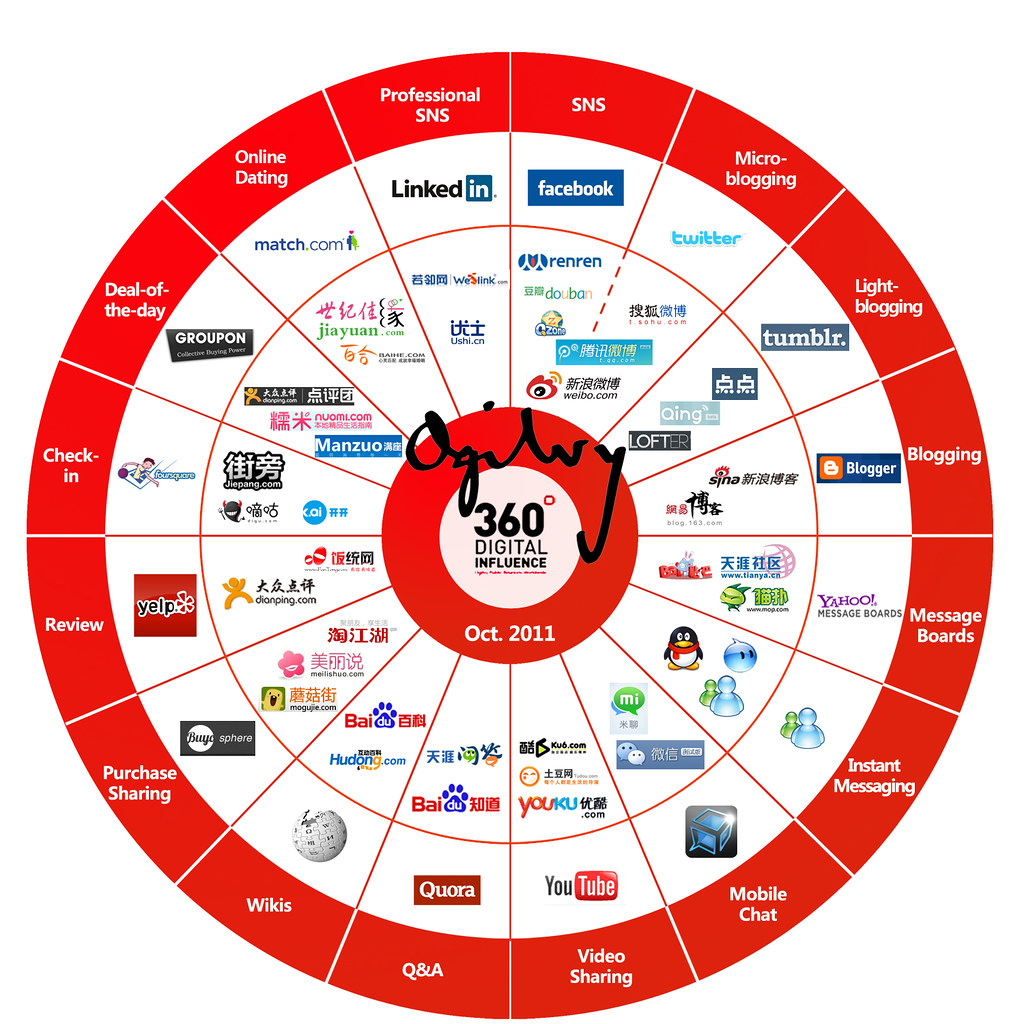Understanding Baidu SEO: Best Practices for the Chinese Market

Table of Contents
If you’re looking to expand your business into China, it’s important to understand the role Baidu plays in the country’s search landscape. As the largest search engine in China, Baidu’s algorithm differs from that of Google, meaning a different approach must be taken for SEO. In this guide, we’ll explore the best practices for optimizing the content on Baidu to help you achieve success in this market.
Introduction to Baidu SEO.

Baidu is the largest search engine in China and holds more than 70% of the market share. This makes it a crucial tool for businesses looking to expand their online presence in China. However, optimizing your content for Baidu requires a different approach than Google or other search engines due to its unique algorithm. In this guide, we will explore the best practices for optimizing your content on Baidu so that you can effectively reach your target audience and achieve success in the Chinese market.
Keyword research for the Chinese market.
When conducting keyword research for Baidu SEO, it’s important to keep in mind that the search habits and preferences of Chinese users are different from those in other countries. Not only do they use different search terms, but they also prefer to use long-tail keywords that reflect their specific needs and interests. Thus, it’s crucial to understand your target audience and their unique preferences before choosing relevant keywords. You can use Baidu Keyword Planner as a tool that provides insights into what Chinese users are searching for, and to identify popular long-tail keywords that will help you reach your audience more effectively.
Create localized and relevant content.

To succeed with Baidu SEO, creating localized and relevant content is essential. Chinese users prefer content that is specifically tailored to their interests and reflects their culture, language, and values. Therefore, it’s important to research your audience thoroughly and create content that meets their needs. This can include producing articles, videos, or social media posts that are culturally sensitive and in Mandarin Chinese. By using language and cultural references familiar to your target audience, you’ll be better positioned to attract more traffic to your website and engage with them effectively.
Utilize social media platforms in China to promote your content.

Social media is widely used in China and can be a powerful tool for promoting your content. Platforms such as WeChat, Weibo, and Douyin (also known as TikTok) are extremely popular in the country and offer businesses an opportunity to connect with Chinese consumers. By leveraging these platforms, you can increase brand awareness, reach a wider audience, and drive traffic to your website. In addition, social media can help you understand your target audience better, their interests, and preferences which will ultimately improve your Baidu SEO strategy. However, keep in mind that each platform has its own unique features and user base, so it’s important to do proper research before choosing one that best suits your business goals.
Mobile optimization is key on Baidu.
When it comes to Baidu SEO, mobile optimization is a crucial factor to consider. With over 1 billion mobile internet users in China, Baidu has made mobile-friendliness a top priority in its search algorithm. To ensure that your website ranks well on Baidu’s results page, you need to make sure it is optimized for mobile devices. This means using responsive design, optimizing images and videos for faster loading times, and making sure your website is easy to navigate with minimal scrolling or zooming required. Failure to make your website mobile-friendly could lead to a decrease in traffic and lower rankings on the search engine results page.
Leverage Your Brand Persona with GSM24! The Best Electronics (gooart.space)


0 Comments